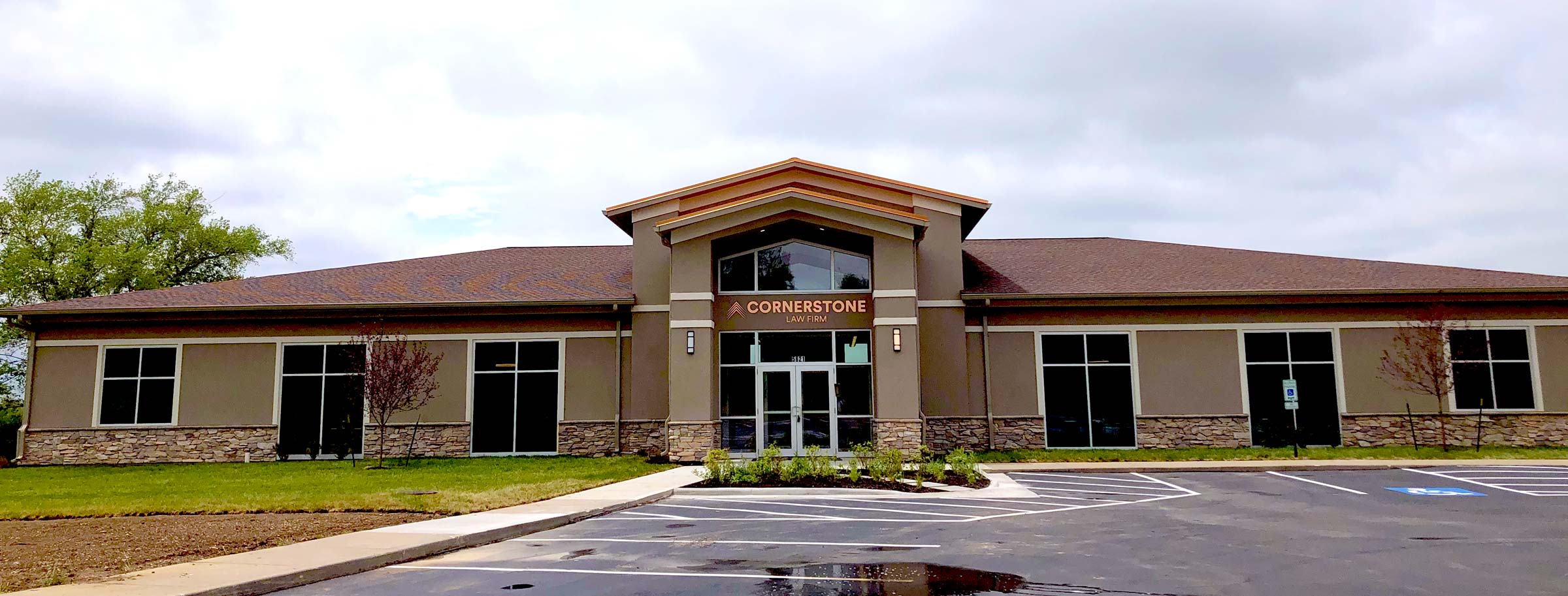Have you been arrested or charged with a DWI offense in Kansas City? If so, it can be a terrifying and humiliating ordeal. After the booking and questioning, you are left to figure out what to do next. The court process can be intimidating and overwhelming, especially because in Missouri, there are two separate and independent court processes: one for the criminal charge of DWI and the second for your driver’s license. Then for some, there might be a special DWI court process, which some confuse as the actual criminal court process. Understanding what these court processes are will also help you calm down as you look for an experienced DWI attorney to advocate your rights during this difficult time. Having the right DWI attorney in Kansas City to help you through the court processes will be less stress and more chances of a better outcome for you.
What is an Administrative Hearing?
The Missouri Department of Revenue administers the administrative license hearing. The issue of your license is a civil matter, and every DWI offense triggers an administrative license hearing. The concept is simple: you took a test to receive your license, and in order to keep your license, you must follow the rules of the road. Violating certain rules initiates a process to suspend or revoke your privilege to have a driver’s license. Driving while intoxicated is one such rule violation that prompts this process.
At the hearing, the Department of Revenue must prove its case by a preponderance of the evidence, which is a different standard of proof than the criminal court requires. A preponderance of the evidence requires a lower threshold of proof that the criminal court process; basically, they need only to prove that something is more likely to have happened than not, which generally includes that:
- You were placed under arrest;
- There was probable cause you were intoxicated; and
- A chemical test resulted in a BAC of 0.08% or higher.
If these elements are demonstrated, then your license will likely be suspended and the length of that suspension depends on your driving history. If this was your first alcohol-related offense, then the suspension will be 90 days. If you’ve had prior alcohol-related driving offenses, then your license will be suspended for a minimum of 1 year and up to 10 years depending on the pending criminal case and your past conviction record.
What is the DWI Criminal Court Process?
The criminal case consists of multiple hearings and possibly a trial before a judge or jury to determine your guilt or innocence. The first court appearance is your arraignment. The charges against you will be read and you will enter a plea of guilty or not guilty. At that time, the judge will set bail and provide the conditions of your release. After the arraignment, there will be a series of case status and pretrial hearings.
There are three possible outcomes:
- dismissal of your case;
- plea agreement; or
- trial.
Your attorney will use the time in between hearings to file motions on your behalf. These motions will be dependent on the circumstances and facts of your case, but they could include a motion to suppress the evidence or a motion to dismiss the case.
During this time, if your case is not dismissed, your attorney may enter plea negotiations to reduce the charge or mitigate certain penalties. If it’s your first-time offense, then a plea agreement will likely include a suspended imposition of sentence and probation for 2 years. This means after successful completion of probation, the charge will be dismissed and it won’t go on your permanent record.
If no plea agreement is entered, then your case will likely go to trial and the prosecution will have to prove beyond a reasonable doubt that you were driving while intoxicated, which is a higher standard than the preponderance of evidence standard held at the administrative court hearing. Your attorney will discuss with you if a trial is the way to go considering the facts and circumstances of your case.
What is a special DWI court?
In 2010, Missouri’s legislature enacted House Bill 1695 that established DWI courts throughout Missouri. These courts are meant to facilitate treatment for repeat offenders or offenders with excessively high BAC levels (0.15% or higher). Not all counties yet have their own DWI court, and in Kansas City, it depends in which county your jurisdiction falls.
These courts, however, are not courts in the traditional sense of the word, but are treatment-based alternatives to jail time. In many ways, the DWI court acts as a pre-plea or post-plea diversion program. You can also be sentenced to a DWI court or accepted into the program even if you are already on probation. The DWI court program is generally a 12-24 month treatment program that is based on your substance abuse assessment.
If you’ve been charged with DWI in Kansas City, your attorney will let you know if you qualify for the DWI court treatment program. If you qualify, then you will be referred to the DWI court. Admittance and the extent and type of treatment will be determined by (1) an interview with a probation officer; and (2) a Substance Abuse Traffic Offender Program (SATOP) screening. The results of the interview and screening will be provided to your attorney and the DWI court’s recommendation will be sent directly to the sentencing judge. The sentencing judge will then order you to participate in and complete the DWI court program, if that was the recommendation.
Who can help me with the DWI court process?
A qualified, experienced DWI Kansas City attorney can help you. At Cornerstone Law Firm, our DWI attorneys have the experience and skill. They get results that are right for you. Contact a DWI attorney at Cornerstone Law Firm today to discuss the unique circumstances of your case.



